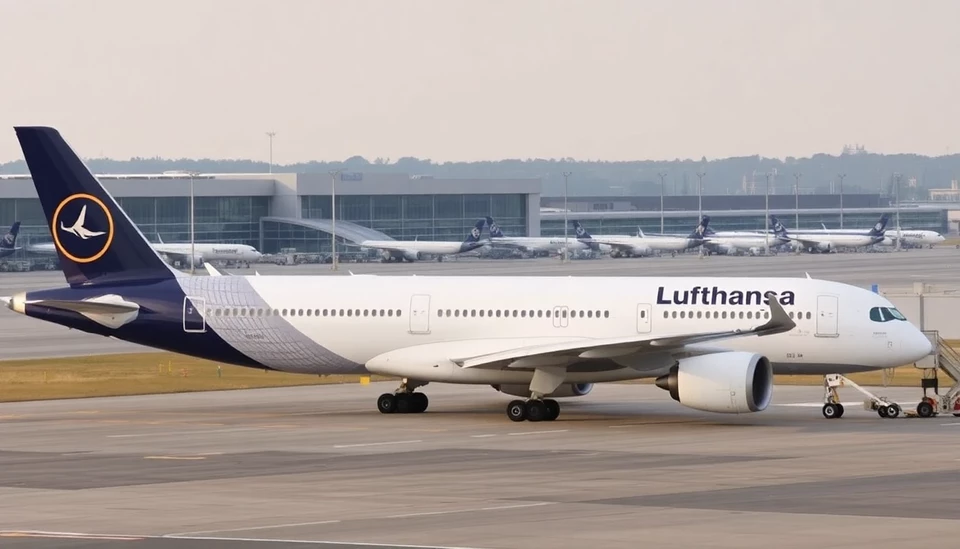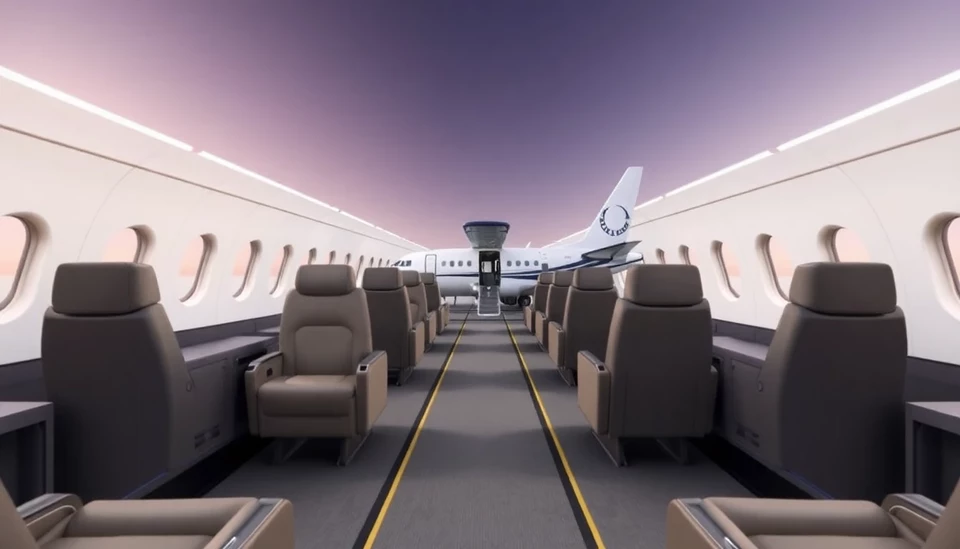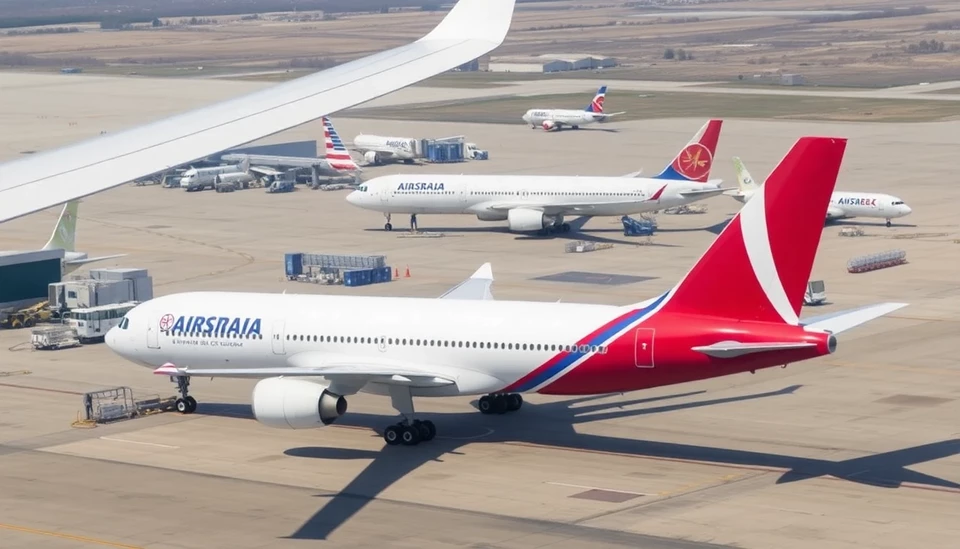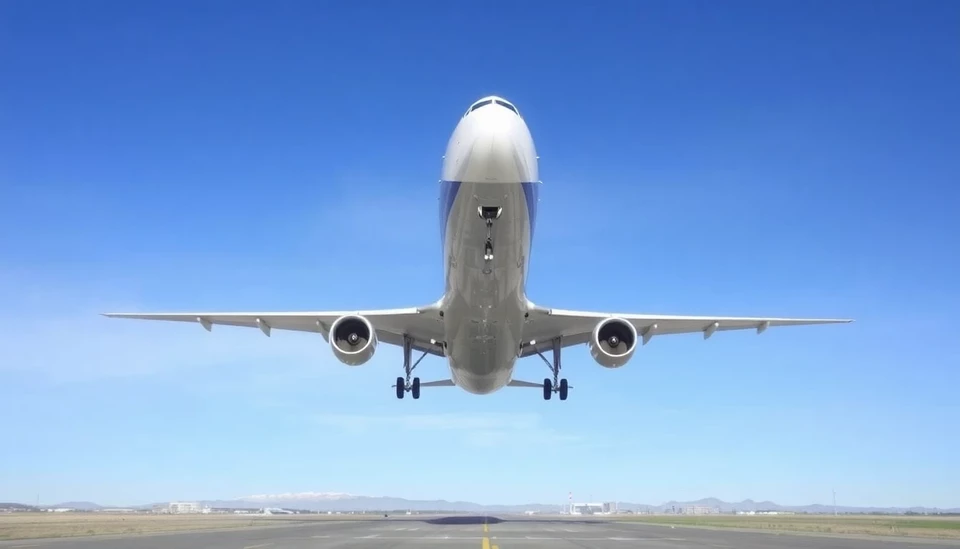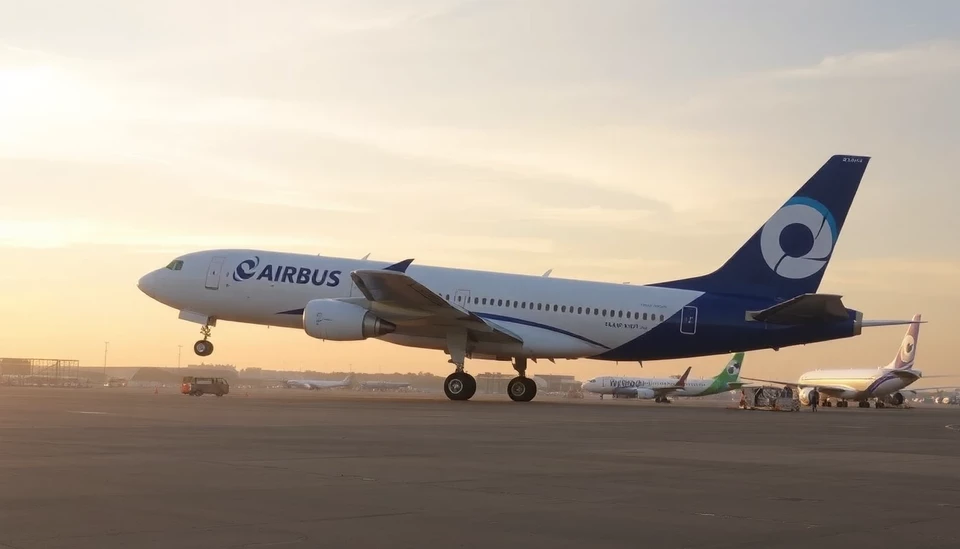
In a surprising turn of events, Airbus has confirmed plans to reduce its workforce by as many as 2,500 jobs within its space and defense division. This decision stems from a broader strategy to streamline operations amid changing market demands and tighter budgets in the defense sector. The company, which is renowned for its aircraft manufacturing, is facing challenges that have prompted this significant cutback, marking a critical moment in the aerospace industry.
The restructuring effort is attributed to several factors, including a decrease in orders and an increase in competition. Industry experts point out that the rise of new space players and budgetary constraints across various countries are forcing incumbent giants like Airbus to reevaluate their operational expenditures and workforce efficiency. This reduction could lead to a transformation in how Airbus approaches its future projects and client engagements.
Airbus has acknowledged the harsh realities of the current market climate, elaborating that many defense programs are struggling to secure funding and that overall spending in this sector has become more rigorous. The Europe-based aerospace company, which employs over 100,000 workers globally, is taking proactive steps to safeguard its long-term viability by trimming excess workforce—a move seen by analysts as necessary yet regrettable.
The job cuts are anticipated to occur primarily in Germany and France, where the company has a substantial presence in the aerospace manufacturing sector. Officials are expected to engage in consultations with employee representatives and unions as they navigate through the transition. Despite the challenges, Airbus maintains that it is committed to remaining competitive in both the space and defense markets and will double down on innovation and strategic investments moving forward.
This announcement follows a series of downturns across the aerospace field, where companies have been grappling with the aftermath of the pandemic and geopolitical tensions affecting defense spending. As the industry adapts, many companies, including Airbus, are reassessing their business models and priorities to align more closely with market realities.
In response to these developments, Airbus is expected to focus on bolstering its technological advancements and enhancing its product portfolio. The company aims to prioritize sectors that promise growth, including satellite technology and advanced space systems, while reducing resources allocated to underperforming divisions.
Airbus also plans to reinforce its commitment to sustainability, a vital aspect as it navigates the future of aviation and space exploration. By redirecting efforts towards sustainable practices, the organization hopes to play a pivotal role in addressing climate challenges and meeting the expectations of a more environmentally conscious market.
As the aerospace industry continues to shift, stakeholders and employees alike are awaiting further details about the implications of the job cuts and the subsequent strategic focus. Airbus’s decision underscores the industry's need for adaptation and resilience in the face of evolving challenges.
As the situation develops, staff and industry observers are encouraged to stay informed about potential changes and initiatives that Airbus might implement to ensure its sustained growth and competitiveness in a rapidly changing environment.
Airbus’s latest move serves as a stark reminder of the ongoing volatility in the aerospace sector and the continuous need for companies to innovate and adapt in order to thrive.
#Airbus #JobCuts #Aerospace #DefenseIndustry #SpaceTechnology #WorkforceReduction #Innovation #Sustainability
Author: John Harris
